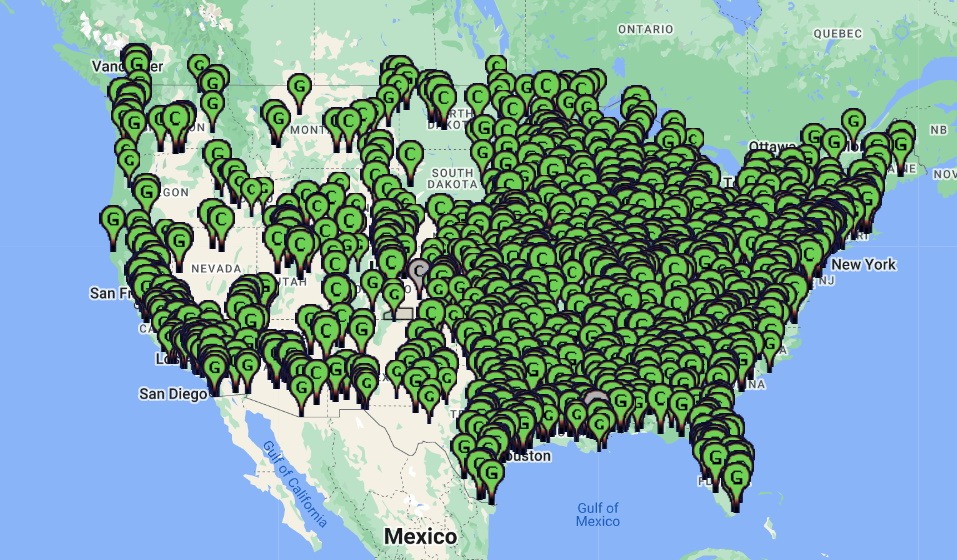Tag: ferguson
-
I Can’t Breathe: Air Pollution Worse for Communities of Color
– by Brentin Mock, Grist In North Carolina, scientists from the Environmental Protection Agency have found a “stable and negative association” between poor birth outcomes among women and their exposure to air pollution. That’s pretty much common knowledge, if not common sense, no matter what state or country you look at. But the EPA scientists also…
EJ Communities Map

We are mapping all of the existing, proposed, closed and defeated dirty energy and waste facilities in the US. We are building a network of community groups to fight the facilities and the corporations behind them.
Related Projects
ActionPA
EJnet
Corporations
Race & Class Census Map
